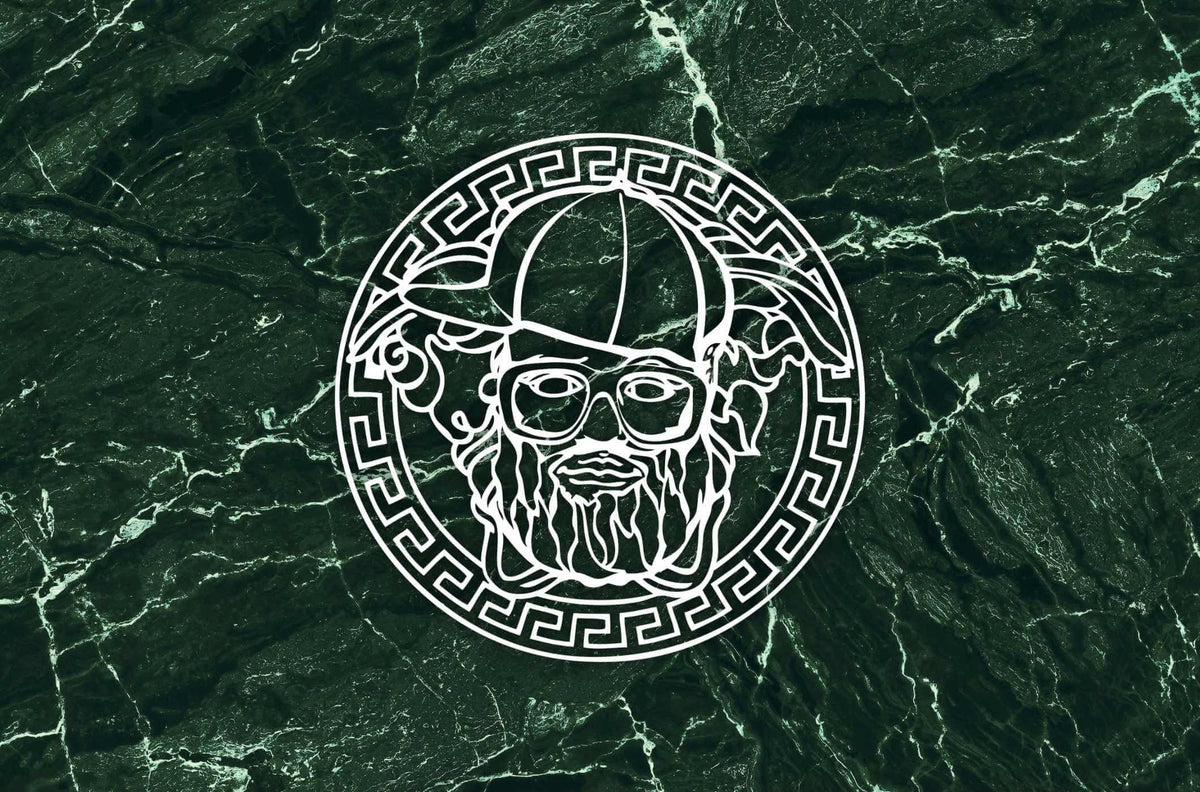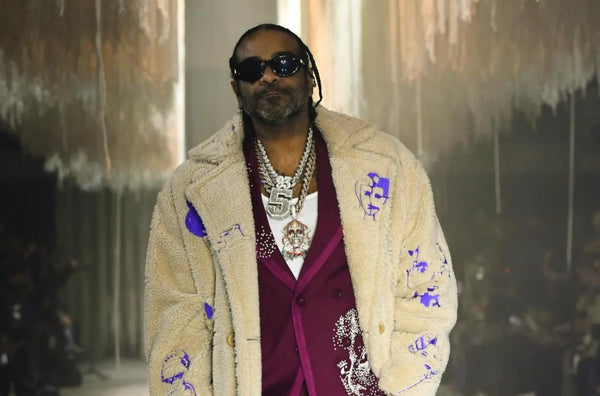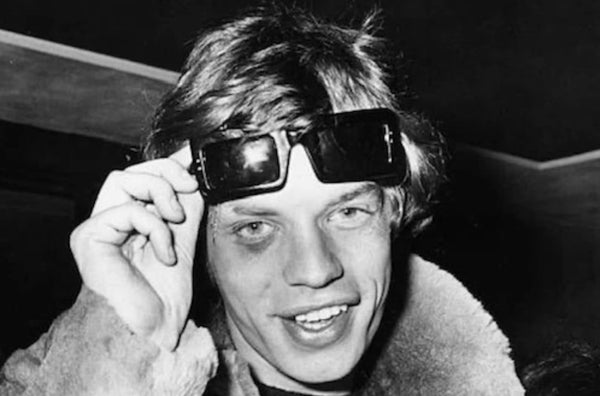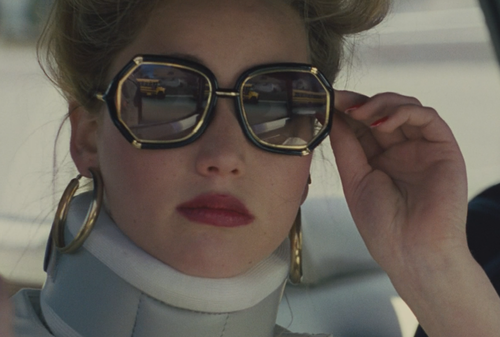



Last week the good people at Martyr Magazine interviewed Corey for their magazine. A very interesting article i must say! You can read the full article on The Vintage Frames Shop & Corey Shapiro after the jump...
Merchant to the stars in it for all the right reasons
 You may not have heard of Corey Shapiro, but you’ve seen his work. Shapiro (and by extension his company, Vintage Frames) is personal eyewear consultant to the stars. His frames, original and unworn 1950′s to 80′s brand name glasses, grace the faces of celebrities in movies, on award shows and across the pages of every magazine from Vogue to The Source. But for Shapiro, selling vintage frames isn’t about glam or fame – it’s about culture and history.
You may not have heard of Corey Shapiro, but you’ve seen his work. Shapiro (and by extension his company, Vintage Frames) is personal eyewear consultant to the stars. His frames, original and unworn 1950′s to 80′s brand name glasses, grace the faces of celebrities in movies, on award shows and across the pages of every magazine from Vogue to The Source. But for Shapiro, selling vintage frames isn’t about glam or fame – it’s about culture and history.
Rémi L. Roy: What’s the most expensive pair of glasses you’ve sold, for how much and to whom?
Corey Shapiro: Twenty-five thousand dollars, his name cannot be mentioned. He is currently in jail, I’m not so sure where the frame is and it was a pair of Dunhill glasses that was made out of gold.
RLR: You count everyone from Katy Perry and Beyonce to Jay-Z and Will.i.am as clients. Who’s been your most memorable?
CS: The most memorable client wasn’t a celebrity. We had a girl who came into the office who saw a frame that her father, who passed away when she was young, wore. She’d been looking at it because it was kind of her only strong visual memory of her father and broke down in tears that she had found this frame that represented a missing part of her life. That to me holds more weight than selling to Jay or Pharrell [Williams] or any of these dudes, as much fun as it is.
RLR: How do you react when a guy like Rick Ross says something like “he pretty much supplies the world?”
CS: It’s always heartwarming, it’s always a bit funny. We’ve basically raised an industry and carved out a niche for vintage sunglasses. Once we work with an artist like Ross we’re buying for him a lot of the time, so a lot of frames don’t even hit stock if I know that they’re for him. We’re not getting little cool guy, skinny hipster type dudes who want a smaller frame. We’re getting big, hip-hop dudes, artists, drug-dealer type dudes and guys and girls who want heavy-presence frames. We control that end of the market.
RLR: Did Ross inspire the beard?
CS: No, actually, he didn’t. My fiancée inspired the beard. One of my best friends is P-Thugg from Chromeo so people always ask me if he inspired it or if Ross inspired it, but it’s 100 percent my fiancée. She’s a fan of the beard man, loves the beard.
RLR: To what extent do you credit hip-hop for the success of this company?
CS: I was never a Steve McQueen fan. Ray Ban, Top Gun, Blues Brothers – it’s not really my whole shit. I grew up on Big Daddy Kane, Jazzy Jeff, Run DMC. Everyone at the company cares a lot more about hip-hop than a Steve McQueen culture. We’re screaming, loud hip-hop type dudes, by nature.
RLR: You mentioned Jazz. How did he react when you handed him the frames he wore on his first album cover?
CS: He freaked. I know Jeff real well, he’s a really good dude and it’s kinda interesting to grow up watching him on TV with Will [Smith] and then acting as a historian for that era. It’s interesting to get respect from these dudes who were really there, who are the reason that this culture, my company, exists.
RLR: Have the Backstreet Boys tried hitting you up for frames since the last time you turned them down?
CS: No Backstreet Boys.
RLR: You Tweeted recently that 10-year-old Willow Smith is now the company’s youngest client. Are you finding your product in demand across different age demographics?
CS: Completely, depending on what their background and income level is. In terms of Willow Smith, look who her parents are [Will and Jada Pinket]. She has the influence so it’s not completely out of the norm for her to be wearing a vintage Cazal. She definitely wasn’t around when people were getting robbed for Cazals, but her father helped pioneer that style.
RLR: Vintage Frames is an exclusive store. Do you plan to start opening the doors to the public as the years pass?
CS: We’ve segmented a particular part of our selection and opened VintageFramesShop.com, which will basically offer between 750 to 1,000 different styles at any given time, so that we can hit a broader range of clients. Do our big-money products hit it? No. Our exclusive products do, but the mix is curated for the general public.
 RLR: You have operations across the globe and offices in LA, NYC and MTL. Will the plan going forward be to keep your head office in Montreal, on Canadian soil?
RLR: You have operations across the globe and offices in LA, NYC and MTL. Will the plan going forward be to keep your head office in Montreal, on Canadian soil?
CS: Will the office stay in Montreal always? Probably. Where we are in Montreal – we’re in a medical building – the square footage, rent and quality of life is excellent to use as a home base, as a hub city.
RLR: A recent article in the Montreal Gazette identified you as having created the industry for vintage frames. Do you personally feel that way?
CS: I wasn’t the first dude to sell vintage sunglasses but I think I’m the first guy to take it to the level that I have. And I think I’m the first guy to take a very non-optical approach to it. I couldn’t give a shit about the medical history of the optical industry. I’m concerned about the fashion influences of it.
RLR: “Our company is run on hype, but not the typical hype street wear companies try to captivate on. The hype that we drive is based on history.” Can you break that statement down?
CS: Companies manufacture their hype. For instance, Nike will release 50 pairs of a certain sneaker and they’ll call it ‘limited edition,’ instead of it actually being limited edition, because they’ve manufactured it to be that way. Whereas our company, if we have 20 pairs of a glass, that could be the actual only existing 20 pairs of that glass in the world. It’s true limited edition, versus something that’s marketed that way.







